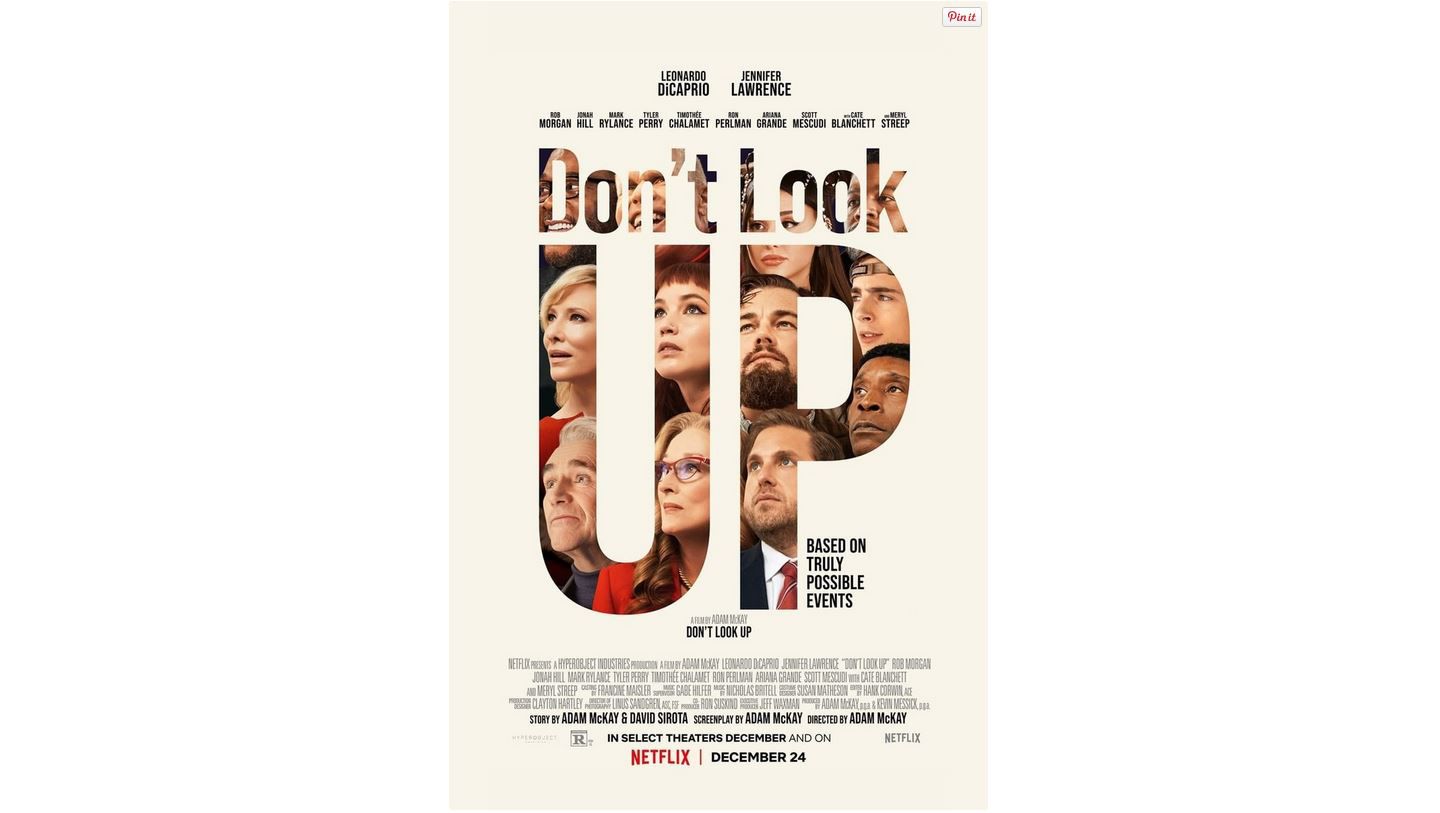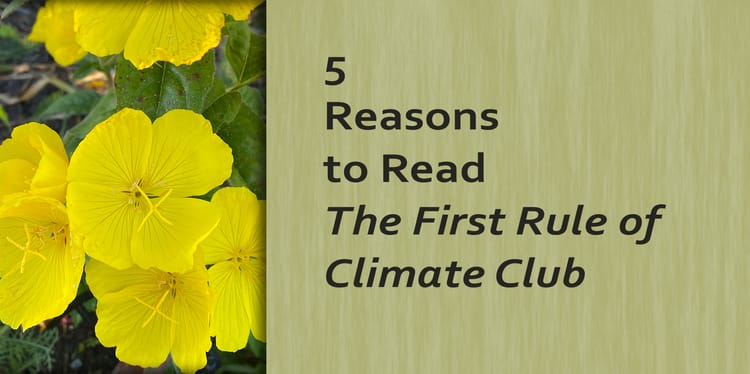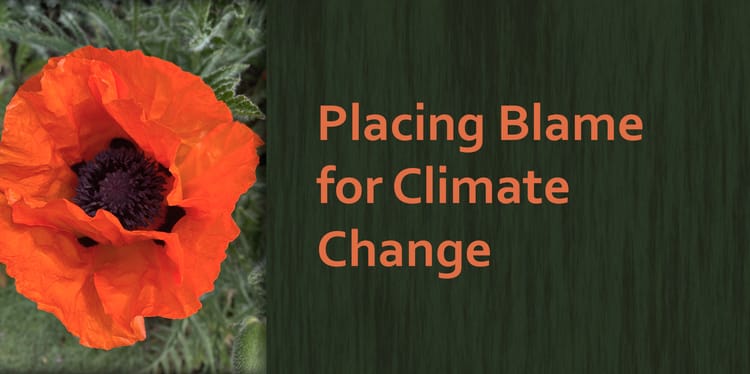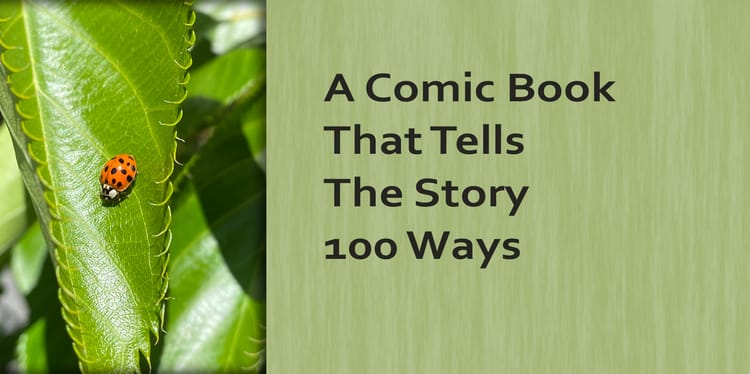'Don’t Look Up' — an Absence of Hope and Heart

When I think of the climate movie, Don’t Look Up, I only remember the strong impact its ending (which is literally the end of the world) had on me. That ending not only disappointed me, but it left me feeling like I should give up because the movie told me that total defeat was waiting for us, not triumph. I am writing, now, about the movie because a reader emailed me about my previous post, asking what I felt about Don’t Look Up. He said he had a hard time watching it.
Many people had a hard time with it, but some fiercely defend it. It’s a satire, so it’s meant to provoke. In that way, I think it could be called a success, but I doubt it helped to change minds or promote activism. It is more of a vent, expressing the frustration, anger, and despair that many activists and scientists feel. That is very real and very painful, so maybe it helps to have it acknowledged, but I worry the movie did more damage than good by increasing the sense of hopelessness that a lot of people are calling climate dread.
Adrienne Heinz, Ph.D., in her Psychology Today article How to Fight Climate Dread had this reaction to the movie:
I don’t know about you, but by the end of the movie, I felt like a train was coming head-on and we were tied to the tracks, pleading for help. Cue eco-distress and the dawn of Generation Dread, an entire generation that must grapple with the impact of climate chaos and disruption.
Of course, another expert in the field of climate dread, Dr. Britt Wray, had the opposite reaction:
As a climate communicator, I’m fascinated by the polarized reviews it has stirred up. But personally, I loved the movie and the immense validation it brought for so many in the climate movement.
She goes on to say later in the post:
I think Don’t Look Up, much like The Uninhabitable Earth, is intended to help people cultivate their ‘prospective survivor’ within. And sure, it won’t work for everyone. Some will tune out. This stuff is messy and that’s okay.
By prospective survivor, she means someone who takes on the mission of “preserving our habitat and embracing genuine forms of adaptation for our species,” and she implies that confronting the terror of the extreme circumstances we face can help do that.
My response is:
Yes, it is important to understand the dire future of climate collapse, but we can do that through articles, nonfiction books, and documentaries. With fiction, though, we are looking for stories that will give us hope, engage the heart, and help us believe we can win the struggle. Don’t Look Up does none of that.
For me, the movie didn’t even work as comedy, but perhaps it could be considered a Juvenalian satire, a sharply critical form of the genre that doesn’t need to be funny. I certainly didn’t laugh one minute watching Don’t Look Up, which is odd because Adam McKay, the screenwriter and director, is well-known in comedy. He started out as a writer for Saturday Night Live, and he has written/made numerous movies with Will Ferrell. He has an incredible background, and that's why I am being so critical.
It's pretty simple: he is an example of the skewed system that brings success to the already successful and ignores emerging voices. Adam McKay made a movie that brought in some bad reviews and may even be unhelpful to the climate movement because he can attract the famous actors as well as the money, plus get media attention for his efforts.
As we look to the arts to help us capture the hearts and minds of all the people on the planet in order to change their behaviors and motivate them to save their children, we cannot just leave it to the celebrities to craft these stories. To me, Don’t Look Up is the poster child for our broken system, giving a narrow path to success for the well-connected.

Instead, we need an incubator to germinate stories from everyone and everywhere, to build the platform than can fund their efforts, and the audience that will seek these writers out. I know we will overlook true gems unless we change this. We can’t get to those buried treasures that lie in wait to be discovered without a new system for finding them.
Besides, it’s not a one-story-fits-all situation. We need more than a few blockbusters. We need a thousand stories.
That’s my hope for the Climate Story Garden—a place that can cultivate stories to touch the hearts of readers and bring hope to their future. My inner prospective survivor tells me we must share, and support, and learn from each other what a great story is, not for commercial success, but because our very lives depend on it.
So, help me plant the garden. Pass this on.





Member discussion